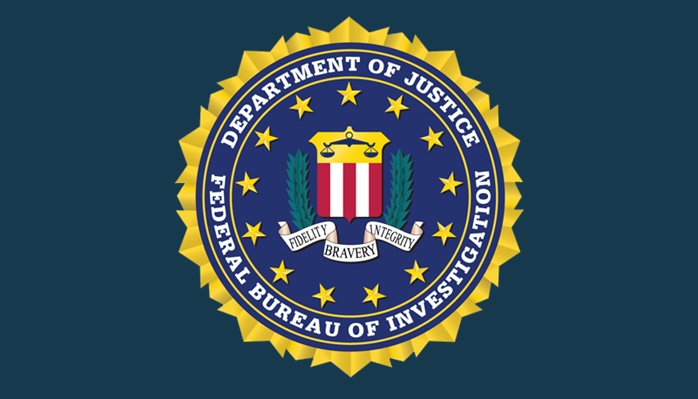Firearms owners know that in order to legally purchase a firearm you have to complete an ATF Form 4473 and submit to and pass a criminal history background check prior to taking possession of a firearm. Note that criminals do not have to do this.
That is why they are criminals.
Doing so, enters your personal information into an FBI database called NICS (National Instant Criminal background check System). That information is required by current law to be deleted within 24 hours, though the dealer is required to keep your 4473 for 20 years.
The controversy around whether or not the NICS database could or is being used to create a de-facto registry of who owns firearms is long established. Most firearms owners take comfort in the assumption that the FBI and NICS are following the law and believe that their information is being deleted as required.
That said, recently passed legislation has changed some aspects of the information provided to NICS when a background check is performed. With the passage of the NICS Denial Notification Act (NDNA) of 2022, the confidence that the FBI and NICS are following the laws is called into question. Two bills that have been made law at the Federal level are the cause for raising this question. They are S.675 and H.R.1796. Links to both are provided here for your convenience.
https://www.congress.gov/bill/117th-congress/senate-bill/675/related-bills
https://www.congress.gov/bill/117th-congress/house-bill/1769/text
When the FBI NICS conducts a background check on people wanting to purchase a firearm there are three possible responses that can be provided – Proceed, Delay, or Deny. A Proceed means that a dealer can transfer the firearm to the applicant. A Delay means that NICS requires additional time to research the applicant. A Deny means that an applicant is a person prohibited from possessing a firearm or ammunition.
The new law is titled the NICS DENIAL (caps provided for emphasis) Notification Act (NDNA). The bill as passed, is silent on a Delay, outcome but is clear on a Deny outcome in requiring that the applicant’s address information (line 10 of the ATF Form 4473) be provided to the FBI NICS agent. That information is not normally provided in the course of conducting a background check.
When the line 10 information is requested, it is prior to the dealer being notified if the background check result is a Delay or a Deny. The line 10 information, by the new law, should only be requested for a denial and not for a delay. When a person is in a Delay status, their information, once moved to a Proceed, should be subject to the 24-hour deletion requirement. But is it, given the changes in reporting requirements? And what happens to the line 10 information that, by law, should not have been provided?
If a delay converts to a deny, then it becomes consistent with the law for the line 10 information to be provided. This is to allow the FBI to provide that information to local law enforcement authorities for possible action. In my opinion, this is a good thing.
I frequently make calls to NICS to perform background checks. Occasionally I will receive a request for the line 10 information. This is BEFORE receiving an NTN (NICS Transaction Number) is provided, which is the last step in the background check and when the status of the check is revealed to you. Most often, when the line 10 information is requested, the applicant is being placed on a Delay, not a Deny. This is inconsistent with the NDNA in that the law as written is silent on a Delay response and only addresses a Deny as the name of the law suggests.
After asking the question to a NICS agent and subsequently being transferred to two different people, I was never able to speak with anyone who could provide an answer to my question. I ended up leaving a voicemail for someone I was referred to but never received a return call. I sent an email to the FBI and got a reply from a Firearms Enforcement Specialist suggesting that I contact our FBI Field Office, which I did.
I talked with an agent at our local FBI branch in Boston who agrees that what is being done is inconsistent with the NDNA but did not have a remedy. The Specialist also suggested that I contact my Congresswoman, which I have done (Ann Kuster). I called the FBI Headquarters in DC and, after being on hold for 30 minutes, was transferred to another person who said we are just doing what “they” told us. When I asked who “they” are, he had no answer. This is a clear case where the FBI is acting in violation of current Federal law. And no one that I have been able to contact can explain why or suggest a remedy.
I get that they need to maintain a database of prohibited persons. But what are they doing with the information for the Delay responses, which 99% of the time comes back as a Proceed?
This is yet another troubling fact about the weaponization of the Judicial System in America. A Bill becomes law and then is poorly implemented. Or has it been implemented with a larger agenda in mind?
